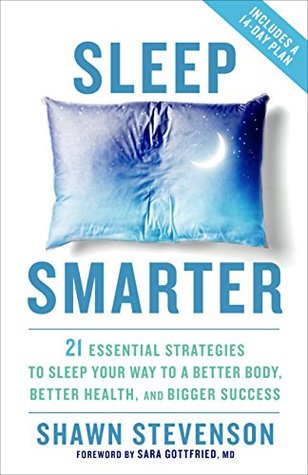alcohol decreases muscle tone in the upper airway, meaning that breathing-related sleep issues are intensified after you’ve had a couple of drinks. People dealing with sleep apnea will tend to stop breathing more frequently and for longer periods of time after drinking.
Welcome back. Just a moment while we sign you in to your Goodreads account.


